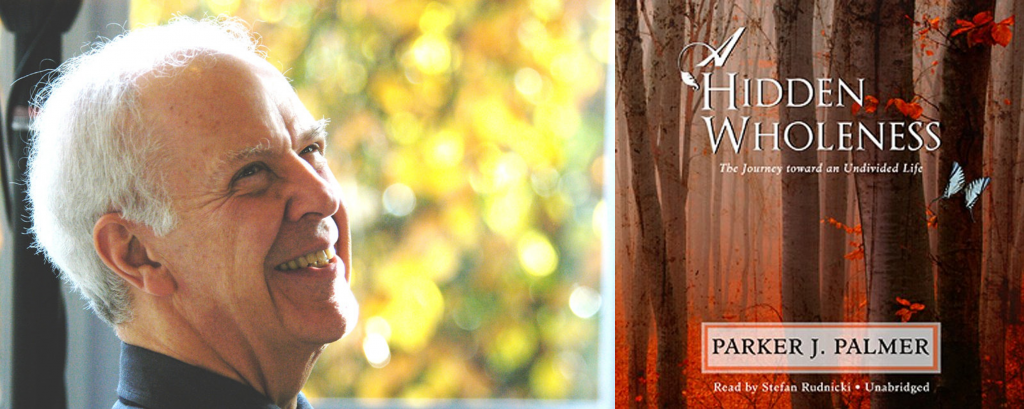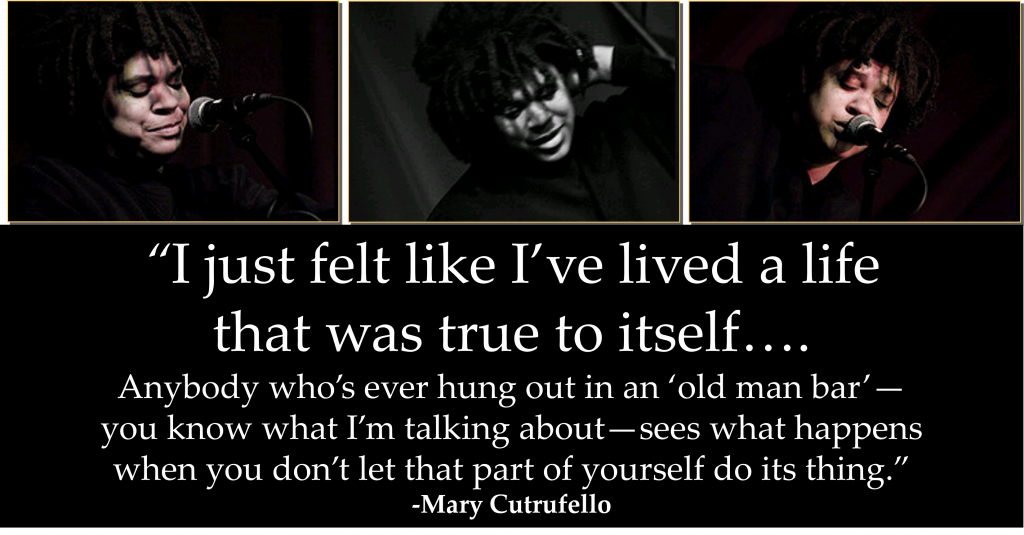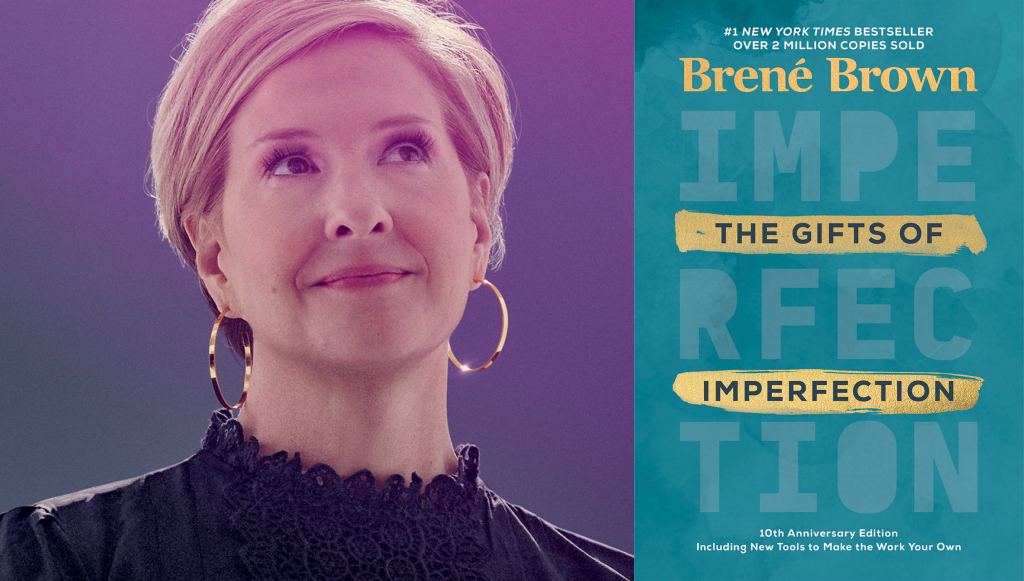The young woman in a corporate job whose true love is animals. Unless she makes a change, she’s looking at a long slog in her career.
A young college graduate on the business track who discovers he has no real interest in any of the business functions. He’s fascinated by medicine but feels trapped because of the costs of switching over.
The frustrated executive in a family business, itching to get out and be creative, entrepreneurial, impactful, and generous. What will he do?
Many of us are leading what author and educator Parker Palmer calls a “divided life”—a life in which we’re separated from our whole, true self.
Divided lives are common, for many reasons. Many of us were so busy doing things in our formative years that we never took much time to stop and think about who we are and what we really want to do in the world. A costly mistake, but one that we can rectify.
We’re under subtle but powerful pressure from family, friends, and mentors, feeling the heavy weight of outside expectations on our shoulders. Our school systems give us siloed education in disparate fields, making it hard for us to do the necessary sensemaking and wayfinding for choosing a career path wisely.
And so we end up leading a divided life.
The Problem of a Divided Life
Palmer lists the signs that we may be living a divided life:
- “We refuse to invest ourselves in our work…
- We make our living at jobs that violate our basic values…
- We remain in settings or relationships that steadily kill off our spirit.
- We conceal our true identities for fear of being criticized, shunned, or attacked….
- We sense that something is missing in our lives and search the world for it, not understanding that what is missing is us.
- We feel fraudulent, even invisible, because we are not in the world as who we really are.”
With a divided life, we sense incongruity between our inner world and our outer one. We feel inauthentic. We miss out on “the life-giving energies of true self.” Palmer notes from experience (including bouts with deep, debilitating depression) that when we violate our true self, it resists us and holds our life in check… “until we honor its truth.”
It’s painful and shameful, because it feels like living a lie, since we’re not honoring our nature.
There is another way.
The Alternative: Wholeness
Wholeness means staying faithful to ourselves. It means growing into what Palmer calls our “authentic selfhood,” regardless of whether it conforms to the expectations of others or pattern-maps to the conventional model of success.
Wholeness means choosing our own definition of success and blazing our own path in life. Not easy, surely, but bound to bring adventure and satisfaction, even for trying.
Wholeness means showing up in the world as we truly are, not as some hologram designed to please others.
“I was dying inside. I was so possessed by trying to make you love me for my achievements that I was actually creating this identity that was disconnected from myself. I wanted people to love me for the hologram I created of myself.”
-Chip Conley, author and entrepreneur, from our LIFE Entrepreneurs interview
Wholeness by Other Names
Palmer isn’t the only one to see the power of wholeness.
Brene Brown writes about a close cousin to it, about being “wholehearted”:
“Wholehearted living is about engaging with our lives from a place of worthiness. It means cultivating the courage, compassion, and connection to wake up in the morning and think, ‘No matter what gets done and how much is left undone, I am enough.’ It’s going to bed at night thinking, ‘Yes, I am imperfect and vulnerable and sometimes afraid, but that doesn’t change the truth that I am also brave and worthy of love and belonging.”
-Brené Brown, The Gifts of Imperfection
For Brown, a key aspect of wholeheartedness is authenticity, which she defines as “the daily practice of letting go of who we think we’re supposed to be and embracing who we are.”
It sounds much easier than it is. That’s why she talks about the “audacity of authenticity.”
In our book, LIFE Entrepreneurs: Ordinary People Creating Extraordinary Lives, Christopher Gergen and I noted the importance of “authentic integrity”: integration of all aspects of our lives in a way that coheres with our true nature. It means living in alignment with our core identity, including our purpose, values, strengths, and aspirations.
“I just felt like I’ve lived a life that was true to itself…. Anybody who’s ever hung out in an ‘old man bar’—you know what I’m talking about—sees what happens when you don’t let that part of yourself do its thing.”
–Mary Cutrufello, musician and songwriter, in our LIFE Entrepreneurs interview
Author and former CEO Bill George calls it “true north”: the internal compass that guides us successfully through life.
A Shadow Side
Being whole isn’t the same as being perfect. Sometimes we’re broken—or feel broken. We have flaws and hang-ups that can get us into trouble.
Being whole means embracing our whole selves, even the parts we don’t like. We’re all a work in progress.
“Accepting your shadow side is an essential part of being authentic.”
-Bill George, best-selling author and former CEO
The Gifts of Imperfection
In a world awash in perfectionism, Brene Brown flips the script and talks about the “gifts of imperfection.” She notes that our imperfections are part of what makes us human, and they can bring us unexpected gifts, including courage, compassion, and connection:
- Courage to be who we truly are even when we fear judgment or disappointment from others.
- Compassion to see that everyone has their own struggles, leading us first to suffer with them in spirit and then to want to help them.
- Connection when we recognize our shared humanity and see ourselves in the true stories of others, including their heartaches and foibles.
Notably, these three gifts are important components of wholeheartedness.
“Imperfections are not inadequacies; they are reminders that we’re all in this together.”
-Brené Brown
Living in the modern world in many ways pulls us away from wholeness. In some ways, it’s easier to live a divided life, and to avoid the vulnerability and struggle that can accompany authenticity and imperfection.
But at what cost in the end? What life will our future self be glad we crafted?
Reflection Questions
- Are you honoring your nature, or holding back?
- Have you been upholding your values?
- Are you investing yourself in your work, or phoning it in?
- Do you let yourself be fully seen, including your flaws?
- Are you clear about your purpose, values, and aspirations for your life?
- Do you feel whole?
Tools for You
- Traps Test (Common Traps of Living) to help you identify what’s getting in the way of your happiness and quality of life
- Quality of Life Assessment so you can discover your strongest areas and the areas that need work, then act accordingly.
- Personal Values Exercise to help you clarify what’s most important to you
Postscript: Quotations on Divided Lives and Whole Lives
- “…there can be no greater suffering than living a lifelong lie…. in the end what will matter most is knowing that we stayed true to ourselves.” -Parker Palmer, educator and author
- “The thing that is really hard, and really amazing, is giving up on being perfect and beginning the work of becoming yourself.” -Anna Quindlen, writer
- “Bring your whole self to work. I don’t believe we have a professional self Monday through Friday and a real self the rest of the time. It is all professional and it is all personal.” -Sheryl Sandberg, tech executive, philanthropist, and writer
- “I can’t think of a sadder way to die than with the knowledge that I never showed up in this world as who I really am. I can’t think of a more graced way to die than with the knowledge that I showed up here as my true self, the best I knew how, able to engage life freely and lovingly because I had become fierce with reality.” -Parker Palmer, On the Brink of Everything
Recommended Books and Videos
- Parker Palmer, A Hidden Wholeness
- Parker Palmer, “Living an Undivided Life” video
- Brene Brown, The Gifts of Imperfection
++++++++++++++++++++++++++++++
Gregg Vanourek is a writer, teacher, TEDx speaker, and coach on leadership and personal development. He is co-author of three books, including LIFE Entrepreneurs: Ordinary People Creating Extraordinary Lives (a manifesto for integrating our life and work with purpose, passion, and contribution) and Triple Crown Leadership: Building Excellent, Ethical, and Enduring Organizations (a winner of the International Book Awards). Check out his Best Articles or get his monthly newsletter. If you found value in this article, please forward it to a friend. Every little bit helps!








